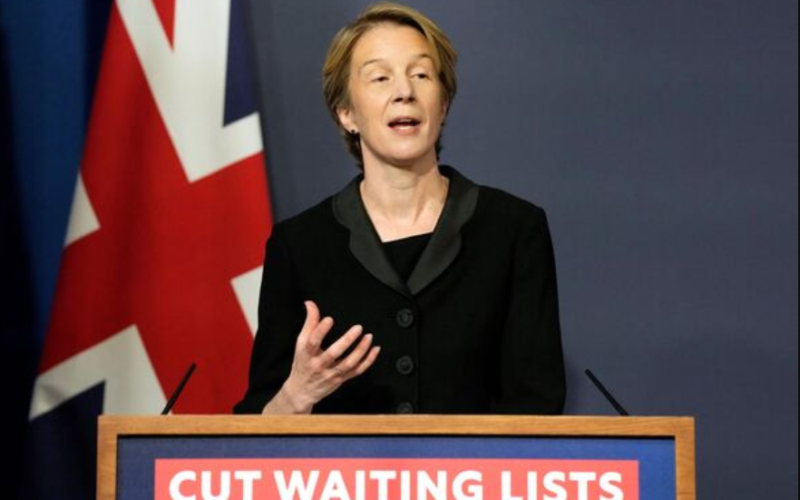In a groundbreaking announcement, Amanda Pritchard, Chief Executive of NHS England, has set forth an ambitious goal of eliminating cervical cancer in England by 2040. The strategy involves a combination of Human Papillomavirus (HPV) vaccination and enhanced screening efforts, presenting a realistic prospect for saving thousands of women’s lives.
Pritchard’s vision of eradicating cervical cancer within a specific timeframe is unprecedented in NHS leadership. The comprehensive plan relies on the successful administration of the HPV vaccine, targeting the virus responsible for 99% of cervical cancers. To achieve this milestone, widespread vaccination, particularly among schoolchildren and young adults, is crucial.
Addressing an audience of health trust leaders at the NHS Providers conference in Liverpool, Pritchard emphasized the significance of HPV vaccination and the effectiveness of cervical screening programs in realizing this life-saving ambition.
Each year, approximately 3,200 women in the UK receive a cervical cancer diagnosis, leading to 850 fatalities. Cervical cancer ranks as the 14th most prevalent cancer among British women, with those aged 30 to 34 facing a higher likelihood of diagnosis. The disease arises from abnormal cell growth in the cervix lining, forming tumors that, if not detected early, can metastasize.
Medical advancements, especially in HPV vaccination, contribute to the optimism surrounding the goal of cervical cancer elimination by 2040. Pritchard’s determination reflects a significant commitment to making cervical cancer a thing of the past, highlighting the potential life-saving impact of vaccination and screening efforts.
While Pritchard’s commitment is labeled as an “ambition,” it underscores the NHS’s dedication to deploying various strategies to achieve this historic goal. The NHS plans to make HPV vaccination more accessible by offering it in unconventional locations such as libraries, community centers, and leisure facilities. Additionally, there will be a renewed focus on convincing women who do not attend screening appointments, a critical factor given that one-third of eligible women currently abstain.
The success of the HPV vaccination program in the UK has been notable, with studies indicating a substantial decrease in cervical cancer incidence. The rollout, initiated in 2008 for 12 and 13-year-old girls, later expanded to include boys and young adults up to the age of 25. The NHS’s strategic efforts have significantly increased vaccine uptake, with 86.5% of girls and 81.5% of boys immunized by school-year 10.
While NHS England aims for cervical cancer elimination by 2040, Australia has pledged to achieve this milestone by 2035, positioning itself as the first country to do so. Canada has committed to a similar goal by 2040. The World Health Organization (WHO) sets the criterion for elimination, defining it as having no more than four new cases per 100,000 women in the population.
Amanda Pritchard’s visionary goal to eliminate cervical cancer by 2040 signifies a groundbreaking commitment by NHS England. The combined efforts of HPV vaccination and enhanced screening present a promising pathway to eradicating a significant health threat for women. The success of this endeavor will depend on widespread participation and innovative strategies to make vaccination and screening accessible to all eligible individuals.








